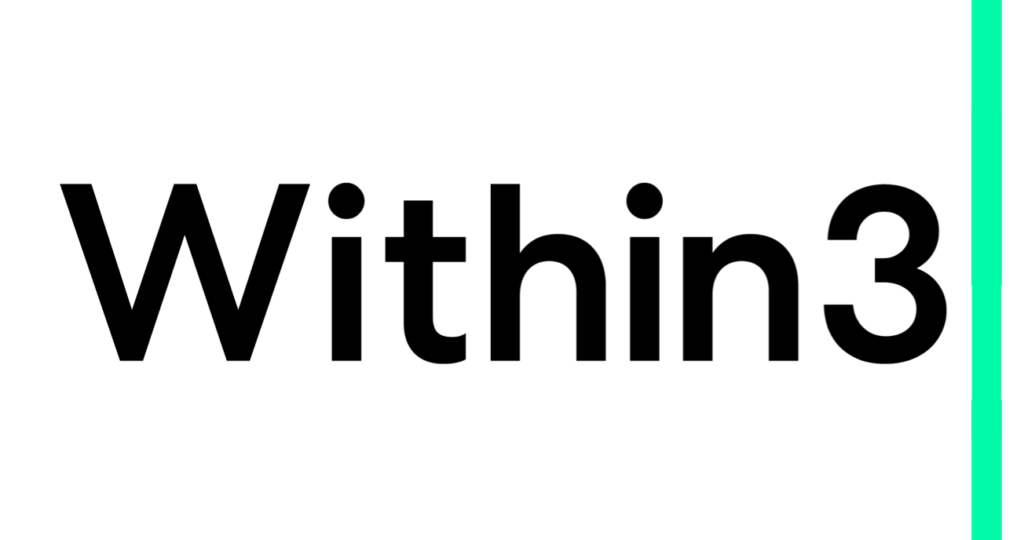In Healthcare IT Today, writer Andy Oram wraps up a series about tech talent for healthcare, delving into the critical balance between nurturing programmer creativity and addressing the unique demands of the industry.
Central to the discussion is the need for programmers to have autonomy, flexibility, and a keen sensitivity to the specific needs of patients and clinicians. Anmol Madan, CEO of RadiantGraph, underscores this, emphasizing the importance of programmers learning from clinical experts.
ModMed, which employs doctors trained in programming, uses this approach to ensure the development of tools that are finely attuned to medical practice. Dr. Michael Sherling, ModMed’s co-founder, explains how this strategy results in products with intuitive interfaces and a deep empathy for clinicians’ needs. For instance, a dermatology tool developed by ModMed allows dermatologists to input data without disrupting patient interaction, showcasing the practical application of this approach.
Jason Smith, Chief Technology Officer of Within3, highlights the importance of employee growth and ongoing training. He emphasizes the company’s investment in education, fostering a culture where employees feel supported and are encouraged to expand their knowledge and skills.
“We are constantly investing in education for individuals for new knowledge, including and above their current responsibilities or roles.” – Jason Smith, CTO, Within3
Other topics include the significance of a positive work environment, extending beyond tool adoption to encompass trust, collaboration, and connection.
Oram stresses the importance of aligning programming expertise with clinical insights, fostering employee development and satisfaction, and creating a supportive and innovative work culture. This multifaceted approach improves product development and is crucial for attracting and retaining talent in this competitive field.
Read the entire article on Healthcare IT Today.






